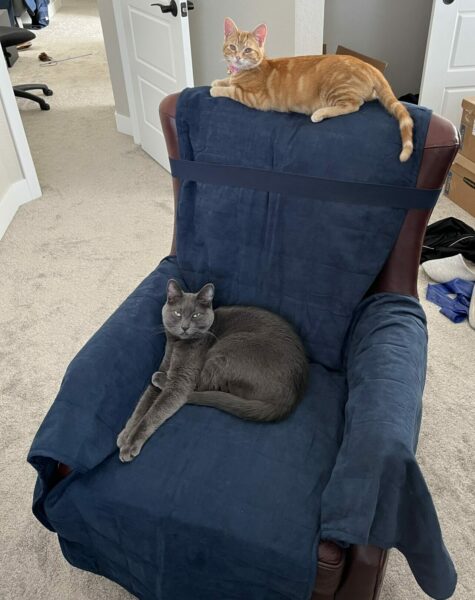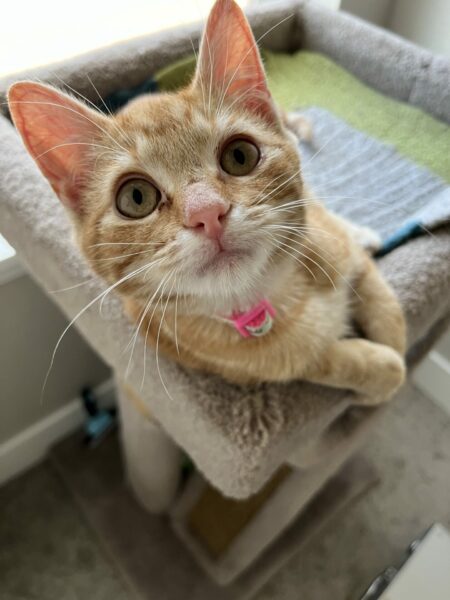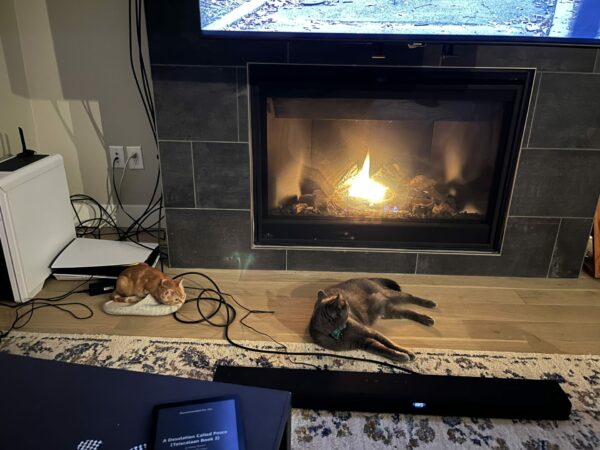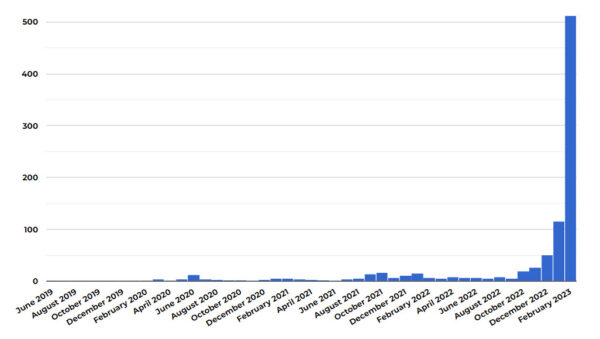In social media land, new entrant Bluesky has been having a bit of a moment lately. When Musk declared ‘cis’ a slur, the site grew by 10%; when Musk decided to shut down Twitter over the weekend, it grew another 20%. Their corporate comms are extremely bad, so there have been a lot of weird takes about it floating around, and I thought now would be a good time to write up a little explainer. I’ve been pretty active on there for some months now, and involved with the developer community, so I feel reasonably well-qualified to write this. (I’d really like Bluesky to succeed, so I’m a bit biased.)
This post is long. If you need a quick read, or to read about some rumors you may have heard, I’d recommend the sections “Who owns Bluesky?” and everything else starting at “How does moderation work?”
And–open thread, I suppose (what thread isn’t?), looks like we need one.
So, without further ado:
What is Bluesky?
On its face, Bluesky is an invite-only clone of early Twitter. You can write posts, share and quote them, reply to them, and include images. There is no support for direct messages, videos/gifs, or hashtags. It is popular because it is very similar to Twitter, is not run by Elon Musk, and consists largely of refugees from Twitter, especially trans folks, who make up a large portion of the active userbase. And as an open-source community, it is of course chock full of furries. It’s not a great place for news, yet; just people having fun, for the most part. Even Jake Tapper mostly shitposts. Neil Gaiman is the most popular celebrity present.
Cool features include:
- Custom algorithms
- Free and open API
- Granular content policies
- Composable moderation
- Self-verification–your username can be a domain name or subdomain that you own
- For example, Ron Wyden’s handle is @wyden.senate.gov
- Easy account migration (upcoming)
Under the hood, Bluesky is the proof of concept for a decentralized social network built on top of a new protocol the team has developed, called ATProto. Bluesky will eventually become part of a federated social network; right now federation is only available in the developer sandbox, where it’s going pretty well. I wrote about Mastodon, another federated network, in some detail here; the broad strokes are similar enough:
Mastodon is a federated social network made up of thousands of separate, interoperable instances. Basically, anybody can create an instance, and then they all talk to each other[…] Imagine Reddit, with its thousands of Subreddits, each with its own rules and moderators–except there is no central organization tying them all together. The instances all voluntarily communicate to create a network-of-networks known as the Fediverse. By default, you can follow and interact with anybody on any instance.
Mastodon is backed by the ActivityPub protocol; ATProto has some fundamentally different goals that make it interesting to me.
Why is Bluesky?
“The company itself is a future adversary”–this is part of their vision statement. I shouldn’t need to point any further than Musk-run Twitter to explain why that’s good. Their goal is more or less a decentralized version of Twitter that, to the median user, will be no more complicated to use than Twitter.
One of my favorite features is custom algorithms. Everybody hates corporate algorithms, and for good reason–they’re designed to addict you, often by encouraging open combat with other users. They’re also the only game in town; you generally only get one algorithmic feed per social network. Bluesky, as a free and open social network with a “big world” mentality (more on this below), lets you build your own algorithm, and lets them live natively in the app. There are hundreds on offer. People have made one for each cluster on the social graph (popular ones include “trans and queer shitposters”, “Japanese language cluster”, “Blacksky”). The most popular one is for science, and consists of posts from pre-approved science communicators which include the 🧪 emoji. There’s a good one that consists of posts an AI has determined to include pictures of cats, and one that shows you the first post of every new user so you can help greet them.
In general, ATProto has been designed (and is being designed–they’re building the plane while it’s flying) to resist censorship and “enshittification”.








 On the home front, the landscapers finally installed our front landscaping, so our contract with the builder is now complete. We have a two-story elm tree, a nice maple, a flowering pear, and a bunch of shrubs. Still need to set up the side yard, so I’ll just have to do that when I get back. I will be sure to write up all my misadventures–and if anybody has advice for planting in Denver, we have everything from scorching full sun to mostly full shade to deal with. Gardeners have recommended Japanese maples, Arborvitae, Japanese rose, mountain laurel, hydrangeas, Japanese yew… I swear all the Japanese varieties were recommended unprompted… still need some ground cover and vegetables.
On the home front, the landscapers finally installed our front landscaping, so our contract with the builder is now complete. We have a two-story elm tree, a nice maple, a flowering pear, and a bunch of shrubs. Still need to set up the side yard, so I’ll just have to do that when I get back. I will be sure to write up all my misadventures–and if anybody has advice for planting in Denver, we have everything from scorching full sun to mostly full shade to deal with. Gardeners have recommended Japanese maples, Arborvitae, Japanese rose, mountain laurel, hydrangeas, Japanese yew… I swear all the Japanese varieties were recommended unprompted… still need some ground cover and vegetables.



